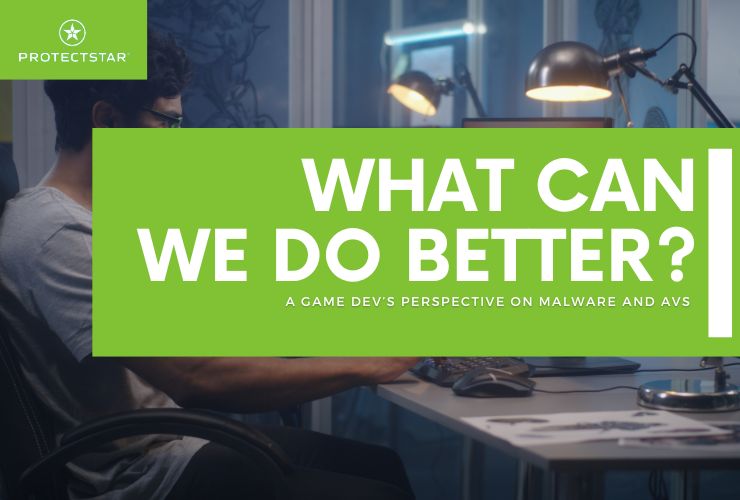Is Antivirus Enough? : A Game Dev

Is an AV really enough to ward off all threats and fend against malicious attackers? What is the community’s opinion, and what can we, collectively do better to ward off against malware? Here is a game developer’s point of view on malware, and what we can do better to protect against such threats:
Why Antivirus Can't Keep Up
"Antivirus is like a moat around a castle," the game dev explains. "It keeps out the obvious invaders, but a skilled attacker can find ways in." He dives into the world of Windows vulnerabilities. As a developer, he can write code that interacts with the operating system in multiple ways. The scary part? These methods often bypass antivirus because legitimate Windows applications use the same techniques!
Microsoft offers a treasure trove of code for developers, the Windows API. While invaluable for creating programs, it's a double-edged sword. This freely available code can be weaponized. Malicious actors can exploit these functionalities to wreak havoc on your system, all while antivirus remains blissfully unaware.
HIPS: The Watchful Eye Beyond Viruses
HIPS is a Host-based Intrusion Prevention System. Unlike antivirus, which scans for known malware, HIPS acts as a vigilant guard. It monitors all programs and scripts running on your system, looking for suspicious activity – attempts to overwrite system files, dropping shady executables, or adding unauthorized programs to your startup.
However, even HIPS isn't a silver bullet. Simple tools like PowerShell scripts and basic Windows API calls can still slip through the cracks. Imagine a script silently creating a new administrator account on your PC, scheduling downloads of itself, opening backdoors in your firewall, and enabling remote access – all without your knowledge.
The WSL Backdoor: When Antivirus Sleeps at the Wheel
Things get even more concerning with the Windows Linux Subsystem (WSL). This feature lets you run Linux code directly on your Windows machine. The problem? Most antivirus programs only focus on Windows threats. This opens the door for attackers to leverage WSL and run commands in the background, like enabling remote access via SSH. They essentially gain full control of your system, while you remain oblivious to the Linux shenanigans happening under the hood.
So, How Do We Stay Safe?
The news isn't all bad. Here are some steps you can take to fortify your defenses:
- Stay Informed: Keep yourself updated on the latest Windows vulnerabilities and security patches. Patching known exploits is crucial.
- Consider HIPS: A robust HIPS solution can monitor system behavior and alert you to suspicious activity.
- Educate Yourself: Understanding basic security principles can help you identify red flags.
- Practice Safe Downloading: Only download software from trusted sources. Avoid clicking on suspicious links or attachments.
- Layer Up Your Defenses: Depending on your needs, consider additional security tools like firewalls and application whitelisting.
Security is an ongoing battle, and there's no single solution. But by understanding the limitations of antivirus and taking a layered approach, we can significantly improve our defenses against modern threats.
As software developers, the community’s opinion is invaluable to us, and your perspective helps us develop and fortify the software we are building.
What do AV softwares lack in your opinion? Let us know in our social media accounts! @protectstar on X and Linkedin and @protectstar-inc on Reddit